 Wakeling writes lines methodically, in a measured way, never letting her words race ahead of her intended message, whether she is writing about underground stormwater pipes, a power station or the underbelly of a secret Sydney. The poet filters ordinary experiences and places through vibrant images and poignant words.The poet brings to the front paradigms of life and the world, sometimes her observations are like theorems others like syllogisms and others like a work of art.
Wakeling writes lines methodically, in a measured way, never letting her words race ahead of her intended message, whether she is writing about underground stormwater pipes, a power station or the underbelly of a secret Sydney. The poet filters ordinary experiences and places through vibrant images and poignant words.The poet brings to the front paradigms of life and the world, sometimes her observations are like theorems others like syllogisms and others like a work of art.
Tag: Australian poetry
A review of Olive Muriel Pink by Colleen Keating
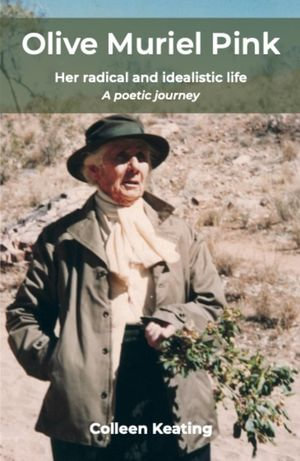 I would like to congratulate Colleen Keating not only for writing this incredible book but also for honouring a woman from the past which like many other Australian heroines are often forgotten or not given credit for their achievements. Reading about Olive Muriel Pink will inspire you and give you strength to struggle to achieve your aims.
I would like to congratulate Colleen Keating not only for writing this incredible book but also for honouring a woman from the past which like many other Australian heroines are often forgotten or not given credit for their achievements. Reading about Olive Muriel Pink will inspire you and give you strength to struggle to achieve your aims.
A review of Know Your Country by Kerri Shying
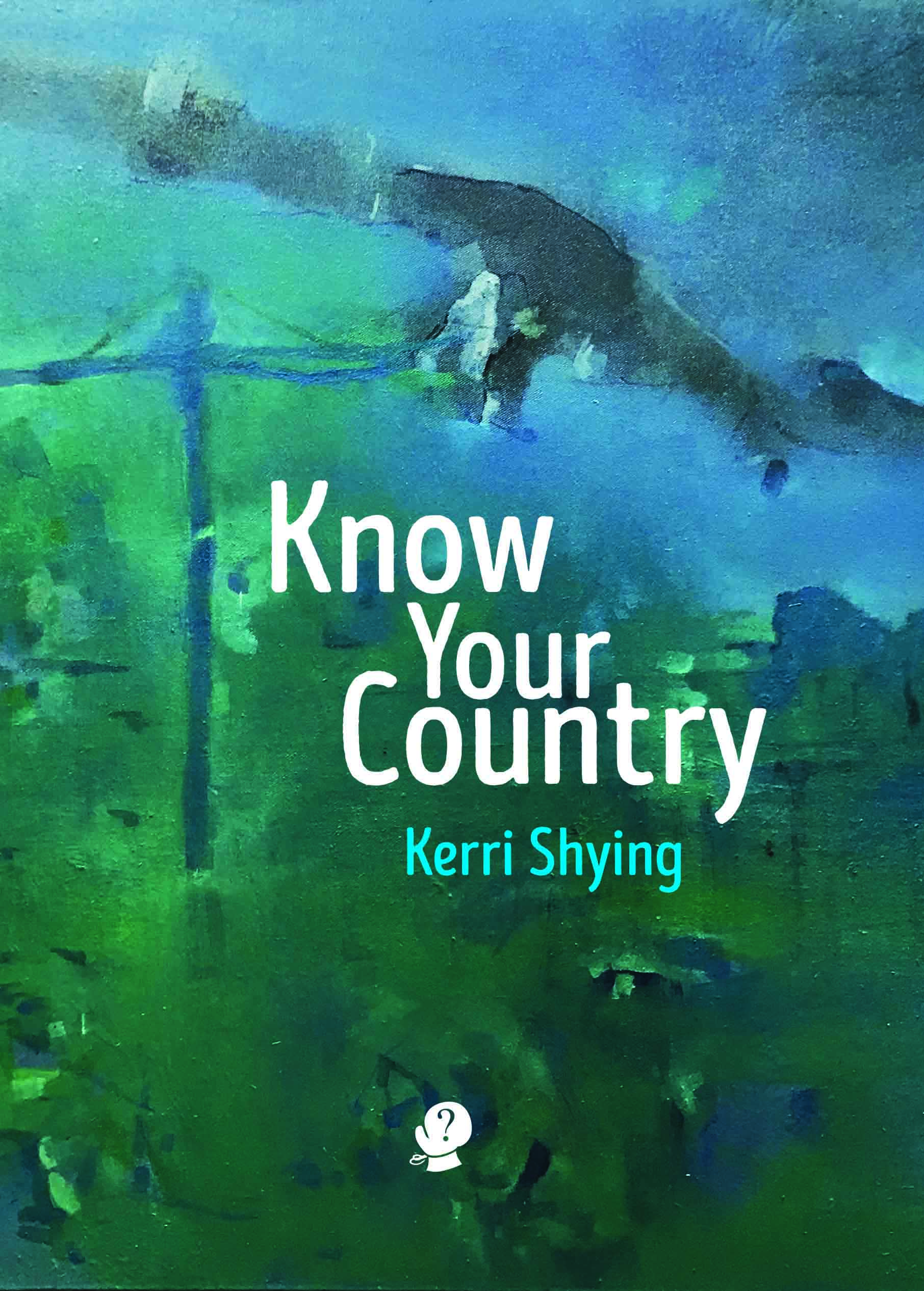 Shying never puts on airs, using words with absolute precision. The work has many themes and encompasses several, often competing realities. The most prevalent one pivots around the notion of identity. One’s country is not just the place you live or come from, but also its history, and what it has come to represent. It is not just nationhood, but the earth beneath your feet, the flora, and fauna, the space of the heart.
Shying never puts on airs, using words with absolute precision. The work has many themes and encompasses several, often competing realities. The most prevalent one pivots around the notion of identity. One’s country is not just the place you live or come from, but also its history, and what it has come to represent. It is not just nationhood, but the earth beneath your feet, the flora, and fauna, the space of the heart.
A review of The Beating Heart by Denise O’Hagan
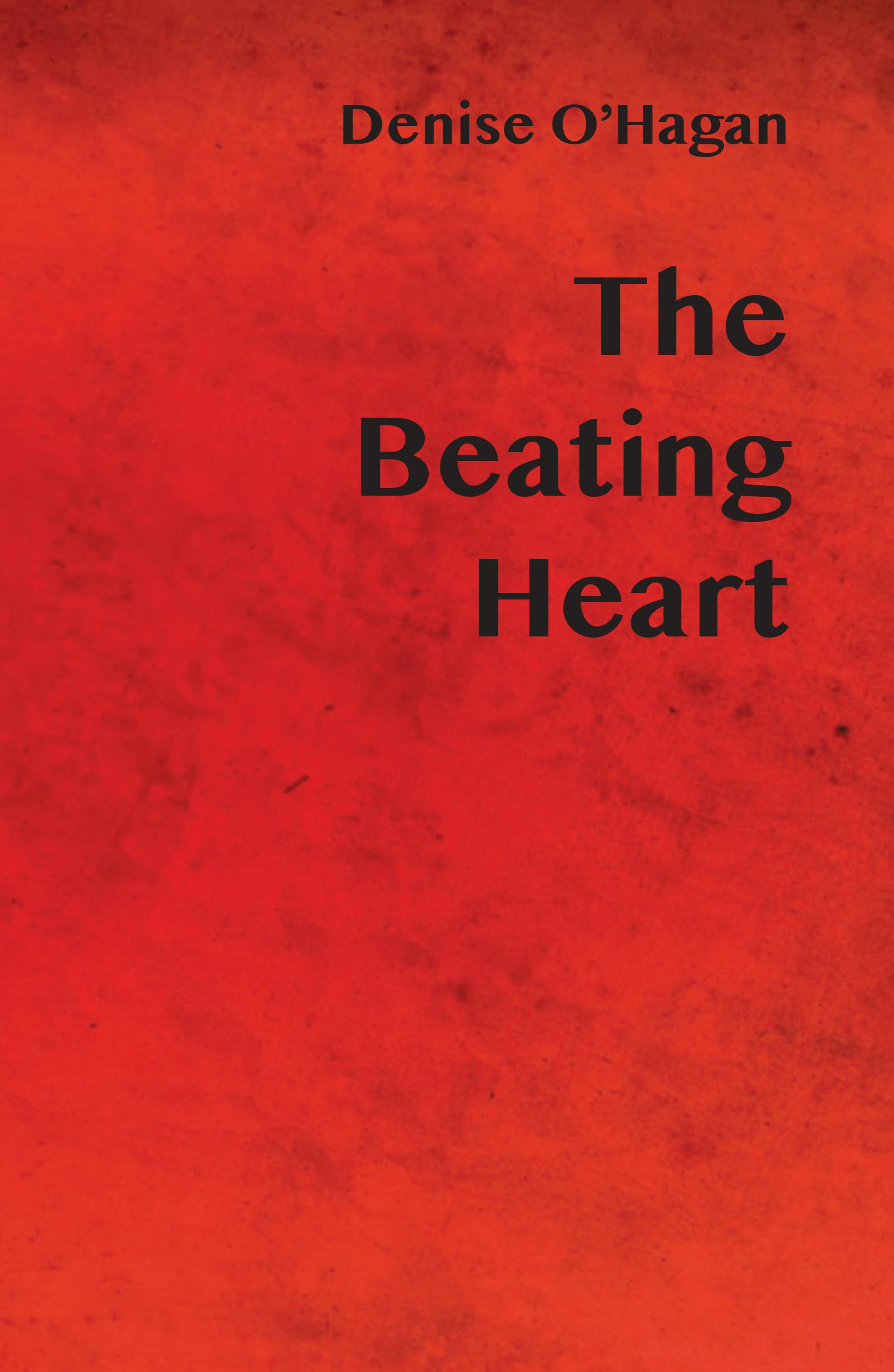 O’Hagan does a beautiful job of describing the Italy of her childhood—the buildings, fountains, news items, a walk with her parents, conversations, cobblestones, the loss of a friend, or a roadside drive. There’s a sense that every detail is both intensely private, and absolutely important—a universal artefact that must be shared with the reader
O’Hagan does a beautiful job of describing the Italy of her childhood—the buildings, fountains, news items, a walk with her parents, conversations, cobblestones, the loss of a friend, or a roadside drive. There’s a sense that every detail is both intensely private, and absolutely important—a universal artefact that must be shared with the reader
A review of Knitting Mangrove Roots by Kerri Shying
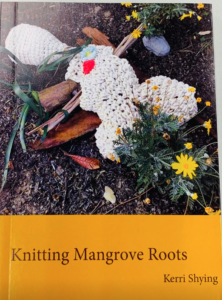 Shying’s themes are powerful and topical, exploring violence, drug use and dealing, parenting, ecological destruction, disability, prejudice, and sensual joy. The mix is natural and compelling, working through a distinctive voice intensely, sometimes painfully honest.
Shying’s themes are powerful and topical, exploring violence, drug use and dealing, parenting, ecological destruction, disability, prejudice, and sensual joy. The mix is natural and compelling, working through a distinctive voice intensely, sometimes painfully honest.
A review of A Kinder Sea by Felicity Plunkett
 Though these are personal poems, rooted in love, loss, grief, and rebirth, there is a strong, though subtle underlying politic which takes the form of advocacy. Collective empowerment is an important theme throughout the work, linking back to the title–kindness as a radical act.
Though these are personal poems, rooted in love, loss, grief, and rebirth, there is a strong, though subtle underlying politic which takes the form of advocacy. Collective empowerment is an important theme throughout the work, linking back to the title–kindness as a radical act.
A review of The Alpaca Cantos by Jenny Blackford
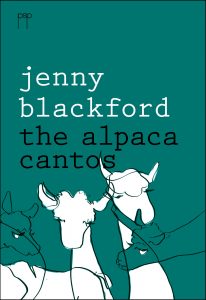 Even at its most intense, Blackford’s poetry never stops being warm, accessible and humorous. The Alpaca Cantos is beautifully presented with thick paper, careful layouts, with lovely drawings by artist Gwynneth Jones. These are poems that are both complex and simple, tragic and yet infused with delight and an almost impish joy in the day-to-day.
Even at its most intense, Blackford’s poetry never stops being warm, accessible and humorous. The Alpaca Cantos is beautifully presented with thick paper, careful layouts, with lovely drawings by artist Gwynneth Jones. These are poems that are both complex and simple, tragic and yet infused with delight and an almost impish joy in the day-to-day.
A review of Solid Air by David Stavinger and Anne-Marie Te Whiu (Eds)
 It’s as if, by bringing in a multitude of varying voices including some multilingual, we begin to see a common humanity in the recognition that comes with such intense vulnerability, anger, self-reflection, empathy, and perhaps above all, the radical inclusion that is not only evident throughout the poems in this collection, but a powerful underlying theme.
It’s as if, by bringing in a multitude of varying voices including some multilingual, we begin to see a common humanity in the recognition that comes with such intense vulnerability, anger, self-reflection, empathy, and perhaps above all, the radical inclusion that is not only evident throughout the poems in this collection, but a powerful underlying theme.
A review of Belief by Les Wicks
Belief is an elaborate mosaic where the tiles are words; paradoxes, satire and the vernacular adorn the pages of this beautifully crafted book. Belief is divided into seven sections, each section opens a door to two worlds: one the writer’s imagination and psyche and the other opens to the external world.
A review of The Short Story of You and I by Richard James Allen
 There is an exuberance here; a delight in the word, in the construction of the self, the abnegation of the self, and in the sheer pain and joy of living, losing, and loving, that comes through each of the poems.
There is an exuberance here; a delight in the word, in the construction of the self, the abnegation of the self, and in the sheer pain and joy of living, losing, and loving, that comes through each of the poems.